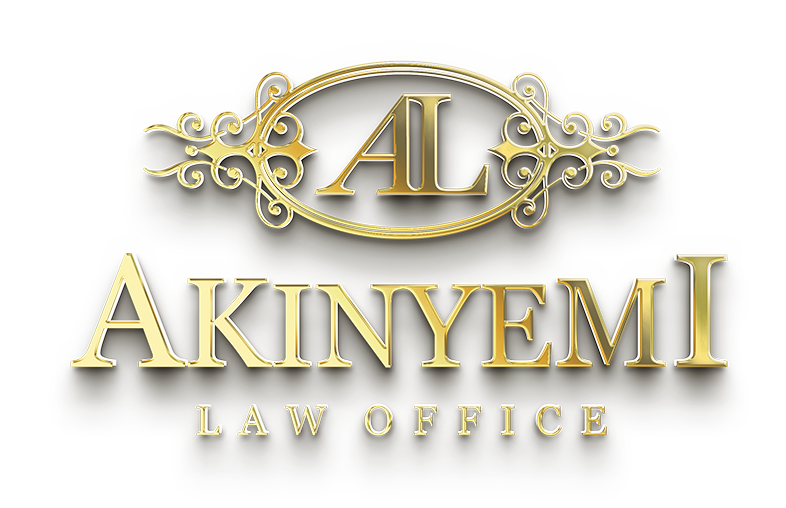- 416 . 665 . 3049
- Mon → Sat : 9am-5pm
- Email: [email protected]






Family mediation is an alternative dispute resolution process (ADR) that uses both mediation and arbitration to reach a resolution with the other party without engaging in litigation. A vast majority of family law cases are resolved out of court. This is a voluntary process which both you and your partner need to agree to before going ahead with it.
Family disputes that involve real estate can be extremely complex and costly to resolve. Through the mediation process, the parties involved can settle the issue in a faster and less costly way than litigation. Property mediation allows both parties to come to a resolution that will keep any pending projects moving forward and avoid real estate transaction delays that can impact your financial wellbeing.
It’s difficult for any couple dealing with the end of a relationship to also figure out the money issue. Determining whether one spouse is entitled to spousal support, how much it should be and for how long it should be paid is often a complex process.
In divorce cases, issues involving parenting decisions and parenting time are very often the most emotionally charged. These family matters are often difficult for both parties to agree on, and going through the court process doesn’t make it any easier for those involved.
There are many ways that both spouses can agree on issues related to separation and divorce. It’s always best to select an approach that works best for you and your family. Regardless of the option you choose, it’s important to ensure that when children are involved, the outcome is in their best interests.
In the arbitration process, an arbitrator is chosen to help decide the family law matter instead of a judge in trial.
Once a couple decides to enter into an arbitration agreement, they give up their right to trial at a court of law. Instead, an arbitrator who is given the power to decide on the dispute will review any evidence presented, testimonies and witness statements and apply the law before making a decision.
Typically, arbitrators are lawyers or retired judges. Any decision made during the arbitration process is binding. In very rare cases are the decisions of an arbitrator challenged. Once the case has been resolved through arbitration, both parties will review and sign an arbitration disclosure and enter into a consent agreement.
Any documentary evidence and recorded testimony, together with the arbitrator’s written statement, including their findings and conclusions, will be required by the court.
On the other hand, the mediation process involves selecting a trained mediator (typically a lawyer) who acts as a neutral party and helps facilitate the settlement discussions with both parties involved.
Unlike the arbitrator, a mediator doesn’t decide on your case or provide any legal advice. Mediation is a popular option among couples who want to avoid the high cost of litigation and the additional conflict that this route may take. Mediators will typically offer suggestions on how to resolve conflict, but they don’t provide any legal advice.
That’s why we typically recommend hiring your own family lawyer in Toronto to help offer the legal advice you need before the final agreement is reached. After a successful mediation process, the couple can sign a marital settlement agreement or a memorandum of understanding.
It’s not uncommon for the courts to have a backlog of cases making divorce matters that cannot be resolved through settlement to wait for months before you get a trial date. Both mediation and arbitration offer a quicker resolution. Additionally, this form of dispute resolution is private and confidential, and you get more flexibility over how the situation will be handled.
As you weigh the options, our lawyers can help you consider the pros and cons of each in the context of your individual circumstances. We know that both methods have their proven benefits, and our lawyers will walk with your every step of the way.
